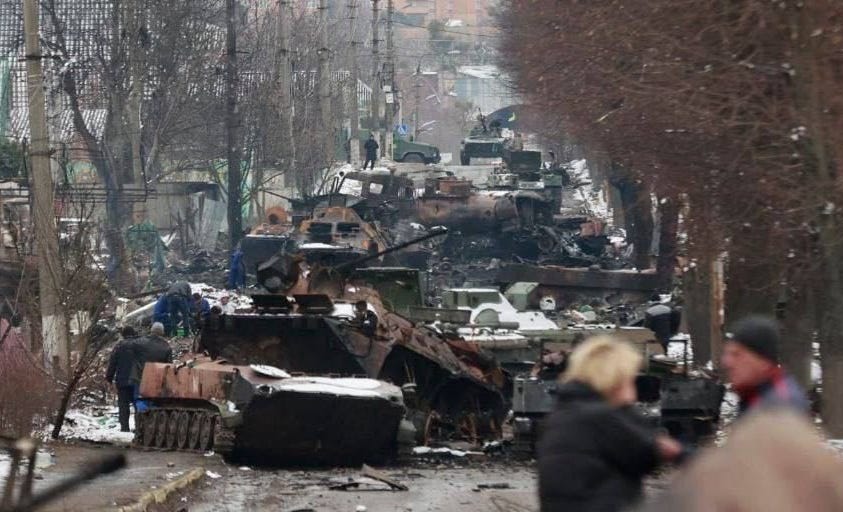Maybe Putin is Just Bad at War?
Occam's razor says yes
Training as a KGB lawyer was a great way to get to the top in Yuri Andropov’s Soviet Union. As the USSR broke up, a KGB lawyer was exactly the right person to grasp power in a chaotic environment, and no one appreciated this gesture more than the exhausted Russian people. It is seldom remarked that the KGB was also one of the few organizations in the So…



